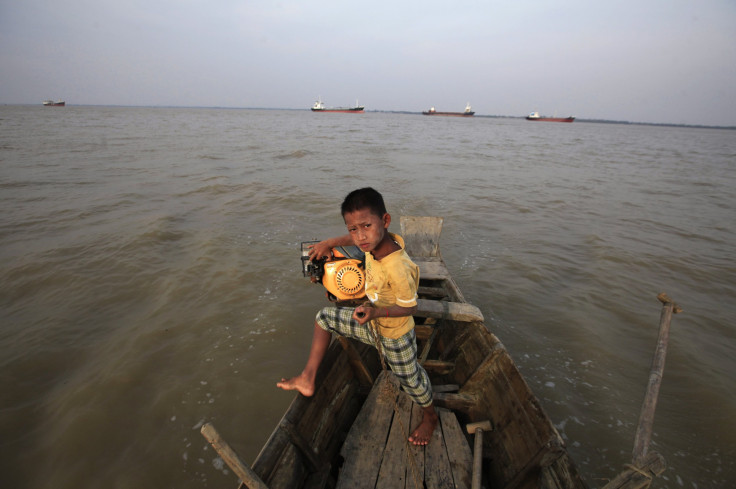Myanmar's Fish Exporters Grateful For EU Trade Preferences But Uncertain They Can Benefit

Myanmar’s fish exporters, while appreciating initiatives from the European Union to give them duty-free access to the European market, say most fish and fish-product exporters in their country currently lack the knowledge and capacity to meet the strict requirements of European importers.
The fishing industry of Myanmar is not performing well currently. Daw Toe Nandar Tin, treasurer of the Myanmar Fishery Products Processor and Exporters Association, said anything that helps members increase exports is “good news,” as they are struggling with rising costs and declining sales, according to the Myanmar Times.
U Myo Nyunt, the owner of GeneralFood Technology and Industry, which exported to Europe before Myanmar was deprived of its duty-free access more than a decade ago for labor rights violations, said he welcomes any attempt by the EU to help exporters benefit from its generalized scheme of preferences, but most domestic fish and fish-product exporters lack the technology to provide products suitable for the European markets.
The EU has not only lifted trade sanctions in recent months, but has also restored Myanmar’s duty-free and quota-free access to the European market for all products except arms and ammunition. The preferential treatment recognizes Myanmar’s efforts to improve political, social and labor environments, and is part of the EU’s program to help the world’s least developed countries boost their economies.
In addition, the EU plans to spend a total of 14 million euros ($18.2 million) over the next four years to help Myanmar exporters increase their ability to access the 28-state single market, officials at the European delegation to Myanmar said.
The assistance includes a 1-million-euro technical assistance program that is already under way, and two new initiatives with budgets set to be approved, according to Alistair MacDonald, chargè d’affaires of the delegation. The first will be a 10-million-euro, four-year trade development program and the second a 3-million-euro program to help set up a European Chamber of Commerce in Myanmar, according to the Myanmar Times.
Myanmar’s trade preference status was restored last month, retroactively from June 2012, meaning exports to the EU from that date are tax-free, and duties paid will be refunded.
Members of the Myanmar Fishery Products Processors and Exporters Association are concerned about ignorance of how the preference status works. U Htin Aye, managing director of fish exporter Shwe ya Mone, said some exporters are also having difficulty establishing links with EU importers because it has been almost a decade since they traded with Europe.
Despite uncertainties, however, some companies in Southeast Asia have shown interest in investing in Myanmar’s fishing sector since Myanmar’s preference status has been restored, according to U Han Htun, a Myanmar Fisheries Federation executive committee member.
“Thai companies have joined the Myanmar Shrimp Association because they want to invest in farms,” Htun said.
Before Myanmar’s trade preference status was granted, 13 companies obtained EU quality control certificates that let them ship products to Europe. Since June, another company has obtained the certificate, and four others are working with the Department of Fisheries to try to earn it, the department told the Myanmar Times.
© Copyright IBTimes 2024. All rights reserved.





















